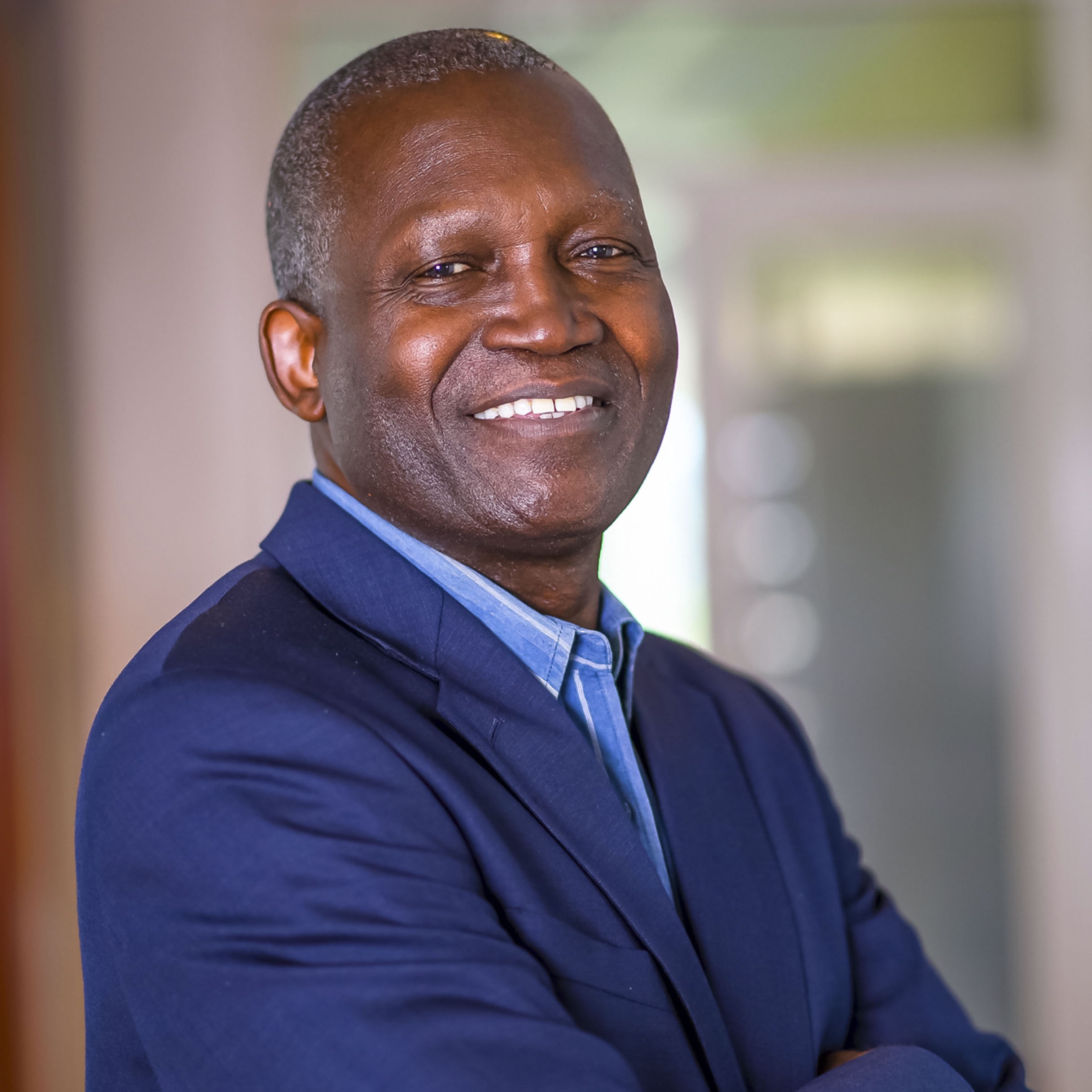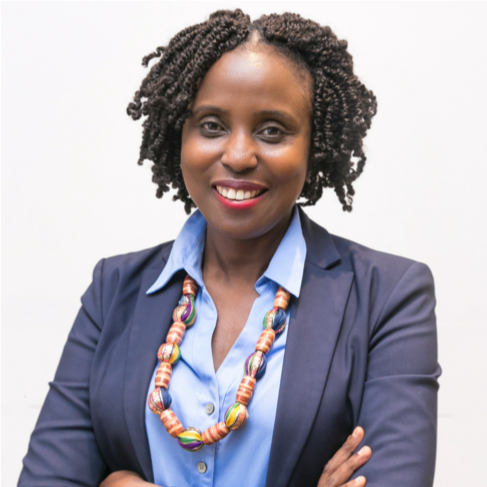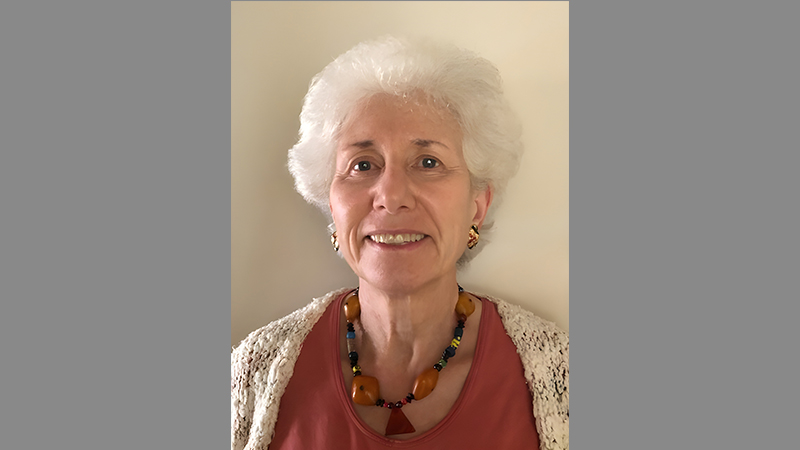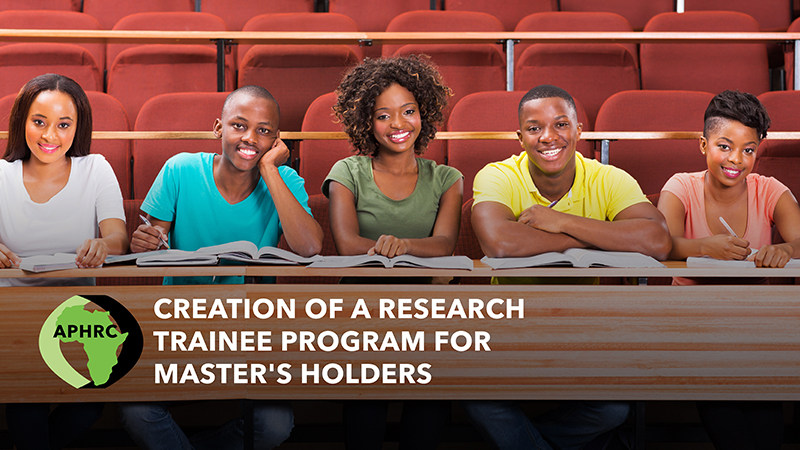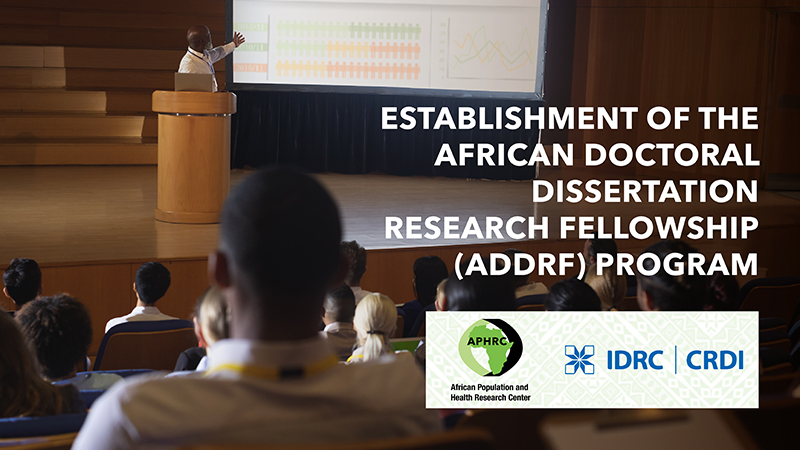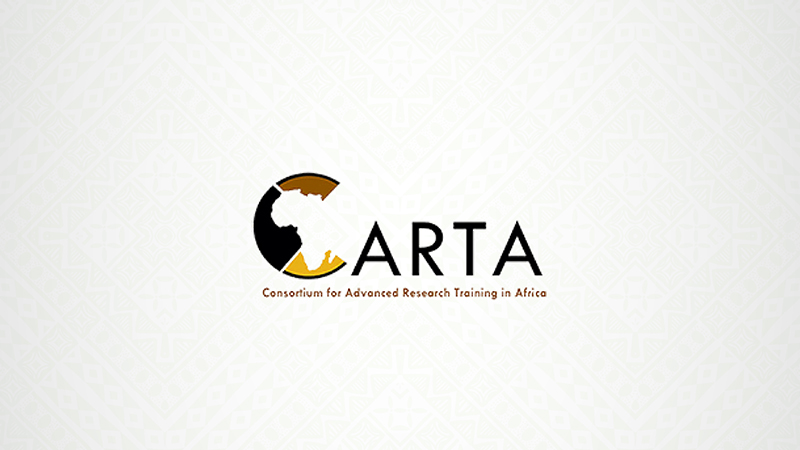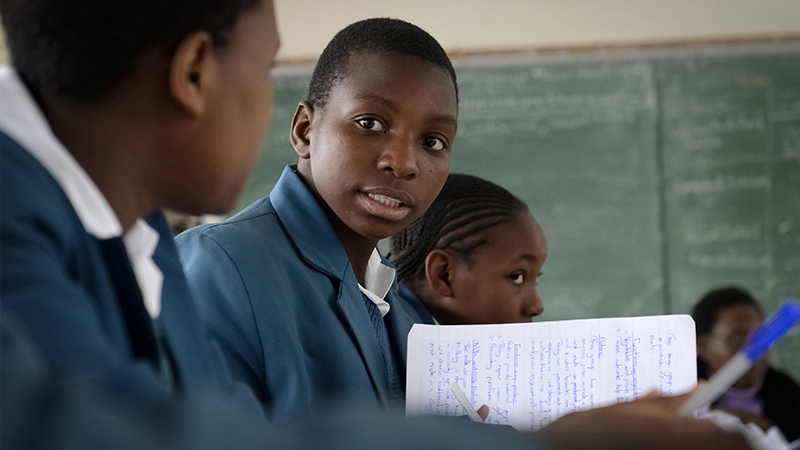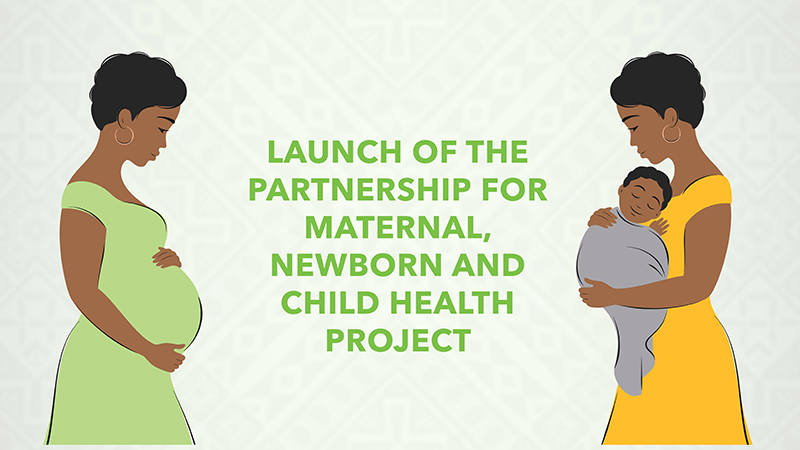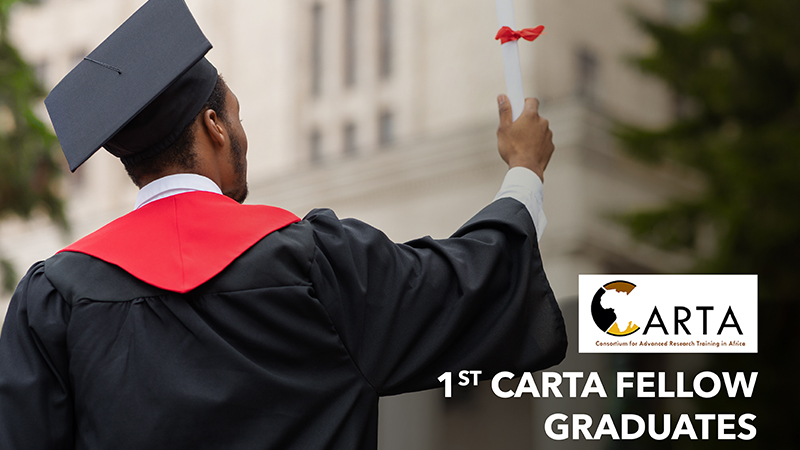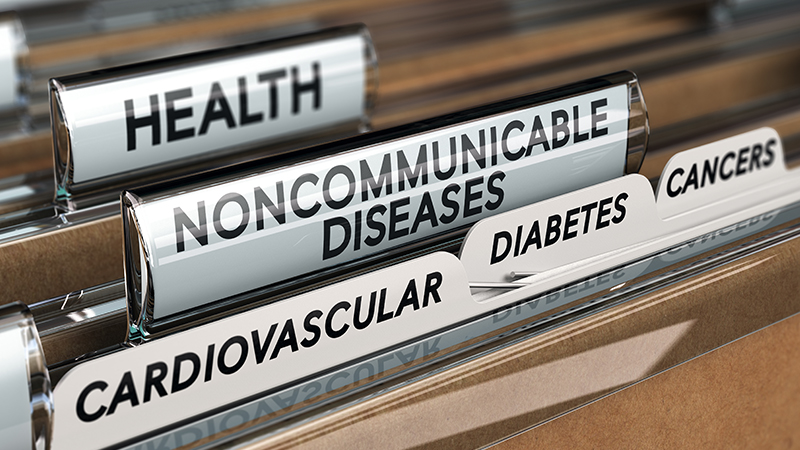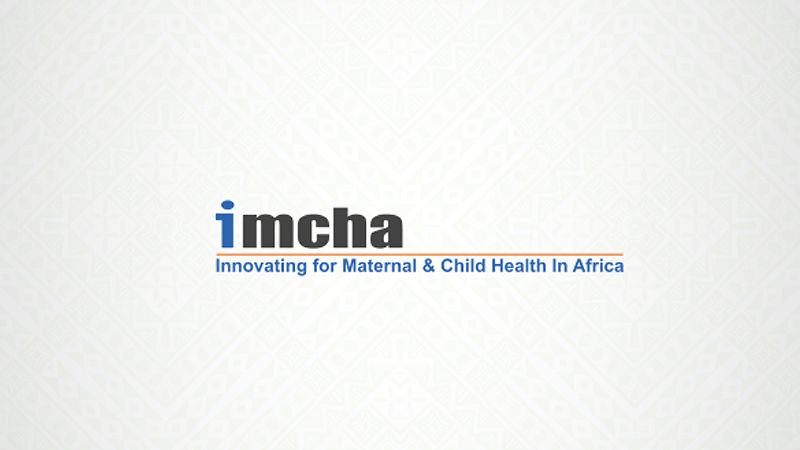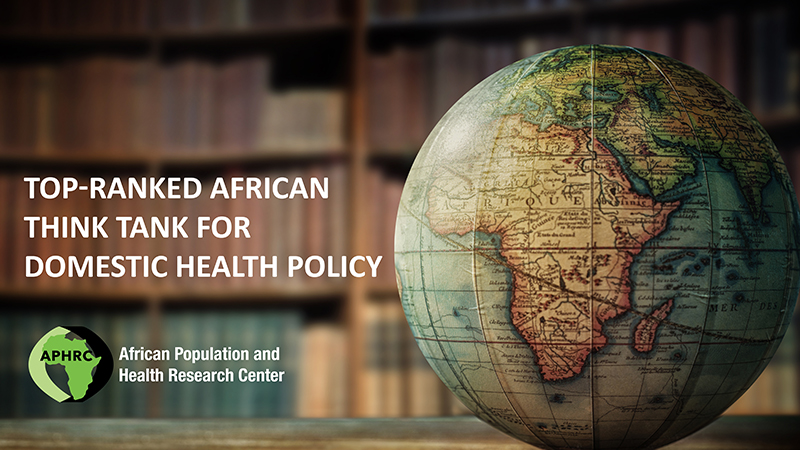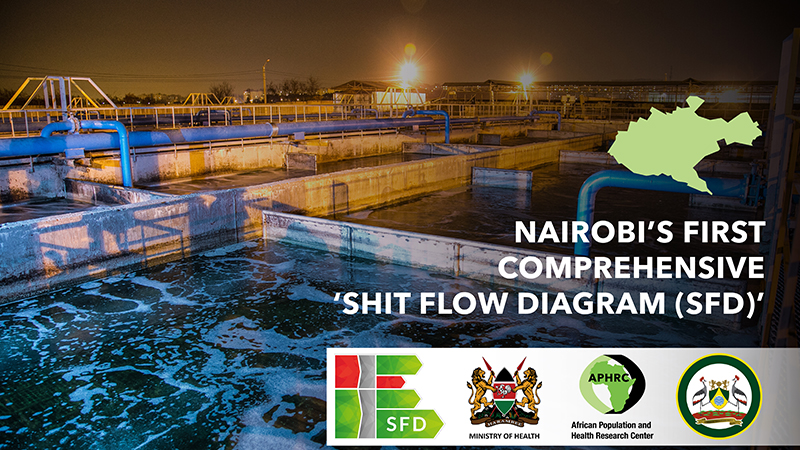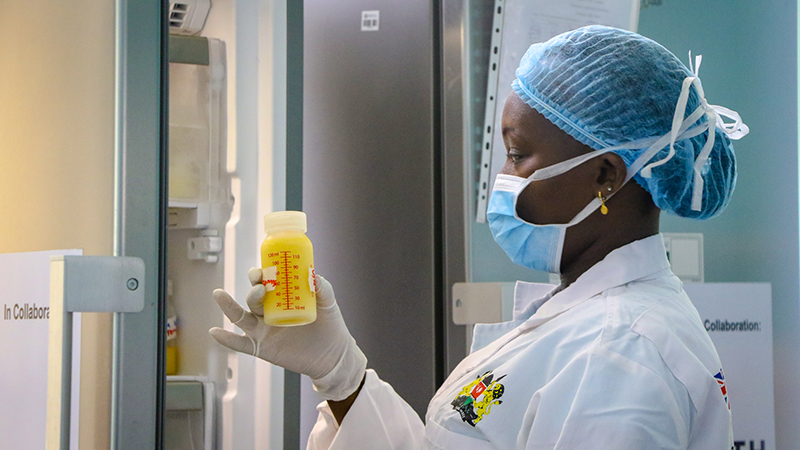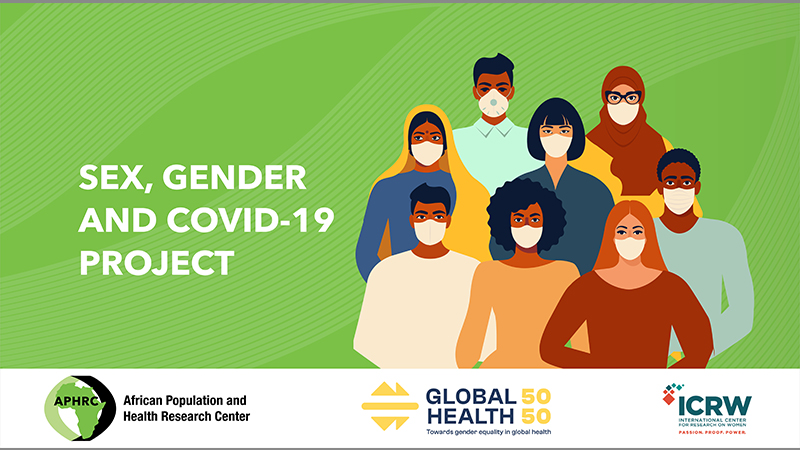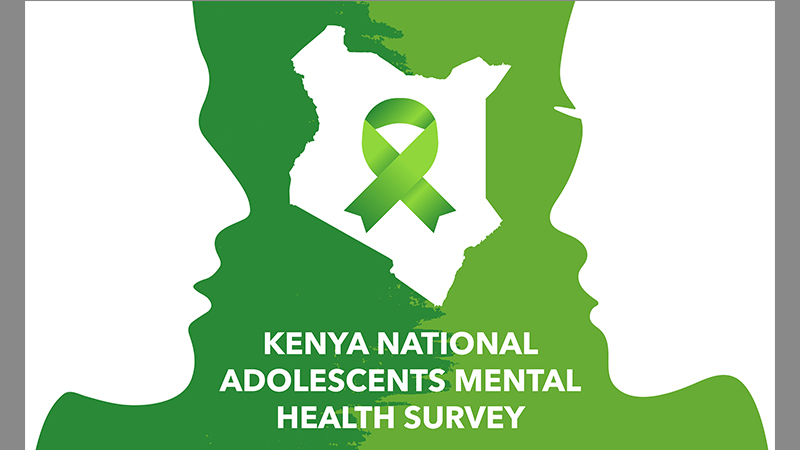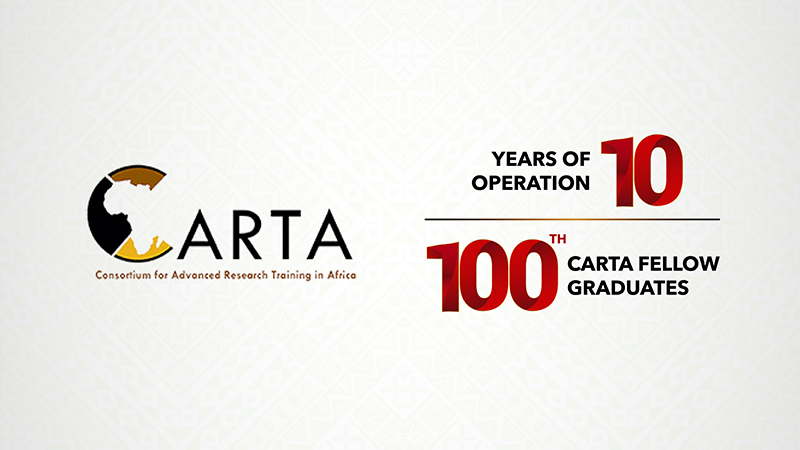After 20 years of independent operations, our vision to transform lives in Africa
through research is shaping up. It is a bold vision that can not be achieved
single-handedly. Therefore, we have embraced the practice of weaving - we
have developed networks and partnership across our programmatic areas, in different
sectors, with organizations operating at different levels across and within decision
making spaces, and organizations with different mandates in all subregions of the
continent and beyond. We have woven partnerships by aligning, learning and
collaborating with critical institutions that impact the continent’s development
including civil society, academic institutions, funders, government agencies,
multilateral organizations, grassroots organizations among others.
Our collaboration with the African Union Commission (AU), UNECA, and the World
Health Organization (WHO) has resulted in the increased awareness about the need for
an aging agenda. APHRC’s research has been used within the ‘AU Policy Framework and
Plan of Action on Aging in Africa’. It has informed the ‘Africa Common Position on
the Rights of Older People’ and the ‘Protocol on the Rights of Older Persons in
Africa’. The Center has also developed practical guidelines to improve older
people’s wellbeing in Africa ‘Towards Long-term Care Systems in sub-Saharan Africa’.
At the same time, the Center is cognizant of the impact of gender inequality on
women, from the unequal burden of unpaid care work, mental health, economic
empowerment and sexual and gender based violence. It is for this reason that the
Center is engaging in multi-year partnerships with stakeholders to advance
Africa-led research and policy engagement on violence against women and girls, and
maternal health. Under the Innovating for Maternal and Child Health in Africa
initiative (IMCHA), APHRC has been working on strengthening individual and
institutional research capacity, enabling national-level ownership of research,
building coherence, and facilitating mutual learning. Between 2014 and 2022, IMCHA
has sought to build a network of committed actors, highlighting the need for
evidence-informed decision making on maternal and child health.
The Center pioneered the implementation of a community-based after-school support
program targeting adolescents and parents living in Korogocho and Viwandani, two
informal settlements in Nairobi, Kenya. Since its inception in 2013 and working with
two grassroots organizations - Miss Koch and U-Tena, the program has reached over
2000 adolescents, and has resulted in enhanced learning outcomes, and reduced gender
disparities in numeracy and literacy skills between adolescent girls and boys. This
was possible through a long-standing partnership with The Wellsprings Philanthropic
Fund, whose support spanned over eight years, enabled the education and youth
empowerment unit to improve education outcomes and wellbeing for young people in
informal settlements in Nairobi.
Over the years, our work has continued to shine the spotlight on key issues such as
safe abortion, adolescent sexual and reproductive health, and access to
contraceptives.
Within our network of collaborators is the Guttmacher Institute, Ipas, the Ministry
of Health, Kenya Obstetrical and Gynecological Society (KOGS), Kisumu Medical and
Education Trust (K-MET), Kenya Medical Association (KMA), Kenyatta National Hospital
(KNH) and the Population Studies and Research Institute (PSRI),
whose work with us culminated in the widely cited
Incidence and Complications of Unsafe Abortion in Kenya: Key
Findings of a National Study
report, which was cited as part of a
landmark case
by the Center for Reproductive Rights in 2019, challenging the government’s
withdrawal of the standards and guidelines for reducing morbidity and mortality from
unsafe abortion in Kenya.
The 10-year old report continues to be the go-to source of information for
government, media, and civil society organizations about abortion in the country.
Within the same line of work, our Challenging the Politics of Social Exclusion
project has expanded our reach, working with partners in Burkina Faso, Kenya,
Liberia, Malawi, Rwanda, Sierra Leone, and Zambia to generate evidence on three main
areas: adolescent sexual and reproductive health, acces to safe abortion services, as well as exclusion of sexual and
gender minorities in Africa. The project, which has been running since 2018,
supports a cross-section of actors working to overcome the barriers and advance the
full domestication and realization of continental sexual and reproductive health and
rights (SRHR) commitments. In addition, some of our earlier work on adolescent
sexual and reproductive health in urban informal settlements contributed to the
development of the 2015 Kenya National Adolescent Sexual and Reproductive Health
Policy.
The practice of weaving is encapsulated by the notion that there is a common thread,
a shared mindset and understanding, that has been evidenced recently through the
Complex Urban Systems for Sustainability and Health (CUSSH) Enrichment program. We
have also been working with partners in the county of Kisumu in Kenya to build a shared
understanding of the multiple interactions between different parts of the urban
system that will inform the development and implementation of new city policies. We
have trained journalists and youth champions in Kisumu on solutions journalism,
empowering them to document innovative solutions to waste management that are being
adopted in their communities. Working with school environmental clubs, we have also
contributed to sensitizing children on environmental conservation and waste
management in four informal settlements in Kisumu, Kenya.
"The practice of weaving is encapsulated by the notion that there is a common thread,
a shared mindset and understanding, that has been evidenced recently through the
Complex Urban Systems for Sustainability and Health (CUSSH) Enrichment program"
"APHRC’s research has been used within the ‘AU Policy Framework and Plan of Action on Aging in Africa’."

